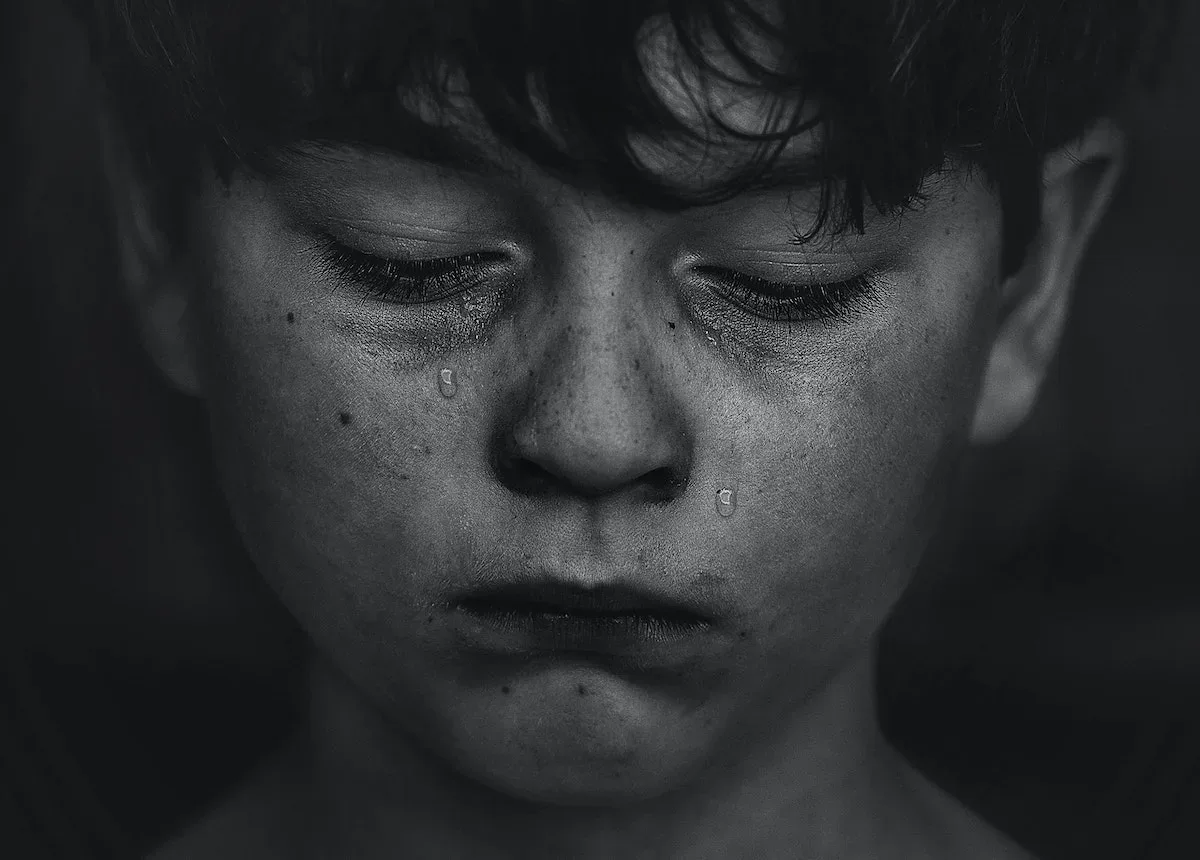Bullying has been a widespread problem for years and it can have a profound impact on an individual’s mental health and self-esteem. Teenage girls are particularly vulnerable to bullying, which can take many forms such as physical, verbal, or cyber. It is a traumatic experience that can affect a person for years to come, but there are ways to cope with it. Here are some tips for teenage girls to help them overcome bullying and regain their confidence.
Talk to someone you trust
It is important to find someone who you trust to confide in. This could be a parent, teacher, counsellor, or friend. Talking about your experience can help you feel less alone and give you a sense of comfort.
Keep a journal
Writing down your feelings and experiences can help you process and make sense of what is happening. It is a therapeutic way to release your emotions and can also serve as evidence if you need to seek help from an authority figure.
Stand up for yourself
It is essential to stand up for yourself when you are being bullied. If you feel safe enough, try to confront the person and tell them how their actions are affecting you. If that is not possible, walk away from the situation and surround yourself with positive people.
Focus on your strengths
Bullying can make you feel like you are not good enough, but it is important to remember your strengths and what makes you unique. Focus on your hobbies, interests, and talents and try to find ways to improve in those areas.
Surround yourself with positive people
Spend time with friends and family who make you feel good about yourself. Seek out people who support and encourage you and avoid those who contribute to a negative environment.
Seek help from an authority figure
If the bullying becomes too much to handle, it is important to seek help from an authority figure such as a teacher, counsellor, or parent. They can help you find the resources you need to overcome the situation.
In conclusion, bullying can be a traumatic experience, but it is possible to overcome it. By talking to someone you trust, keeping a journal, standing up for yourself, focusing on your strengths, surrounding yourself with positive people, and seeking help from an authority figure, teenage girls can regain their confidence and overcome bullying.

What causes bullying
Bullying can have many causes and can stem from various underlying issues. Some common causes of bullying include:
- Low self-esteem and insecurity: Individuals who bully often do so as a way to feel better about themselves and boost their own self-esteem.
- Lack of parental supervision and guidance: Children who lack positive role models and guidance from their parents are more likely to engage in bullying behaviour.
- Peer pressure: Teens may feel compelled to bully others to fit in with a particular group or to gain popularity.
- Exposure to violence: Children who are exposed to violence and aggression at home or in their community are more likely to engage in bullying behaviour.
- Mental health issues: Individuals with mental health issues such as depression, anxiety, and anger management issues may be more likely to engage in bullying behaviour.
- Lack of empathy: Individuals who lack empathy and are unable to understand the emotional impact of their actions are more likely to engage in bullying behaviour.
- Social and cultural factors: Cultural and social norms that promote aggression and violence can contribute to bullying behaviour.
- Economic and social inequality: Children from disadvantaged backgrounds may be more likely to engage in bullying behaviour as a way to cope with feelings of anger and frustration.
In conclusion, bullying is a complex issue with many causes and factors. It is important to address these underlying issues to prevent bullying and create a safer and more inclusive environment for all.

How can sport help you cope with bullying
Sport can be a powerful tool in helping individuals cope with bullying. Here are some ways in which sport can help:
- Boosts self-esteem: Participating in sports can help boost self-esteem and provide a sense of accomplishment. The physical and mental challenges of sports can help individuals develop a sense of pride in their abilities and increase their confidence.
- Provides a positive outlet for emotions: Sports can provide a positive outlet for emotions such as anger, frustration, and anxiety. By engaging in physical activity, individuals can release these emotions and feel better mentally.
- Creates a sense of community: Participating in sports can help create a sense of community and belonging. By being part of a team, individuals can form supportive relationships and develop a positive social network.
- Teaches teamwork and collaboration: Sports require teamwork and collaboration, which can help individuals learn how to work together and develop important social skills.
- Helps individuals develop a healthy lifestyle: Sports can help individuals develop a healthy lifestyle and improve their physical health. This can also contribute to a positive outlook on life and a stronger sense of self-worth.
- Provides a safe and inclusive environment: Sports organisations and teams can provide a safe and inclusive environment where individuals are accepted and valued for their abilities, not their appearance or background.
In conclusion, sport can be a powerful tool in helping individuals cope with bullying. By boosting self-esteem, providing a positive outlet for emotions, creating a sense of community, teaching teamwork and collaboration, helping individuals develop a healthy lifestyle, and providing a safe and inclusive environment, sport can play a crucial role in helping individuals overcome bullying and build resilience.

